1969 Jaguar XKE Series II OTS 96222 Miles Signal Red 4.2 liter DOHC inline-6 4
- Location: Local pick-up only
- Condition: Used
- Make: Jaguar
- Model: XKE Series II OTS
- Type: --
- Trim: --
- Year: 1969
- Mileage: 96222
- VIN: 1R9938
- Color: Red
- Engine size: 4.2 liter DOHC inline-6
- Power options: --
- Fuel: Gasoline
- Transmission: Manual
- Drive type: --
- Interior color: Tan
- Options: --
- Vehicle Title: N/A
1969 Jaguar XKE Series II OTS -- Description
When discussing the Jaguar XKE, or the E-Type as it was called in its homeland, there are some things that we all assume are a given: it’s gorgeous, it’s expensive, and it’s one of the most delightful cars in the world to drive. Until you’ve driven one, you probably can’t quite grasp the downright joyous way they go about their business, with a remarkably supple ride, the bellowing six-cylinder engine note, and looks that make you want to study it... from every angle. Never has a car been so right in so many ways, and the recent rise in E-Type prices finally justifies the passion that owners have held for these cars for so many years. There are few other cars that satisfy the mind, heart, and soul better than an E-Type. While there’s a definite pecking order in terms of values among E-Type aficionados, if you’re someone who loves the drive a Series II car is what you want to own. More sophisticated, more powerful, and more spacious than the Series I cars, they were the result of all the feedback and upgrades done along the way. The 4.2 liter engine is wonderfully potent, yet tractable and user-friendly. Overheating issues were a thing of the past. The cabin was finally spacious enough for real-sized people. And it lost none of the sinuous grace of the original styling. Many call it a supercar for the masses, but I don’t think that’s quite right because supercars are finicky. I would call the E-Type a daily driver with the charisma and performance of a supercar. Finished in brilliant Signal Red, this 1969 E-Type Series II has a recent and comprehensive restoration that shows its quality in multiple JCNA show wins. Although BRG is a favorite on Jaguars, if you’re going to attract attention, you may as well do it right with a bright red car—it’s just spectacular in person. It’s vivid and deep, and the shade is just right for a vintage Jag. The restoration was done to the highest standards and it likely fits together better now than when it was new, with even gaps and doors that latch easily without a heavy slam. It appears to be wearing all its original sheetmetal with no patches or replacements, but given the state of the art in Jaguar restorations, metalsmiths making replacement pieces disappear is not surprising. Either way, it is just beautifully done with no asterisks needed. The mirror-finish paint is show-quality with only one or two small signs that it has been driven, and obviously all the weather seals are new. Likewise, all the chrome was refinished to show standards, with only the rear bumper starting to show a few signs of age that likely comes from its proximity to the exhaust. Unavoidable. Lights, signals, lenses, and glass are all unmarked and like new. This is an exceptionally well-restored Jaguar. The tan Connolly leather interior demonstrates why the Series II cars are so desirable for drivers. The seats are more adjustable than the early shells and far more plush for long trips. There’s more leg room and more room in the foot boxes so you don’t need to be a ballerina to heel-and-toe it. The leather seat covers show some minor comfort marks, and given the quality of the restoration and its relative youth, there’s a possibility that the seats might be original and just very nicely preserved, it’s hard to say. They’re not quite as nice as the rest of the interior, but they remain excellent and replacing them would probably be a mistake. On the other hand, the carpets, door cards, and dashboard are brand new, as is the bulkhead cover behind the seats. A lovely wood-rimmed Moto-Lita steering wheel is original, not a reproduction, and all the Smiths instruments are restored and operational. Big, easy-to-use rockers replaced the delicate toggles of the early cars and this one sports a Jaguar-logo AM/FM/cassette stereo head unit that certainly seems appropriate, although it’s quite modern with digital tuning. A new StayFast tan canvas top folds easily and offers fresh weather seals so it closes up reasonably well, although you should not expect a vintage Jaguar roadster to be water-tight—that just wouldn’t be proper. The trunk is likewise outfitted with a proper set of mats and side panels, as well as a matching chrome wire wheel in the tire well (which, you’ll note, is original and rust-free). This is the car’s original, numbers-matching 4.2 liter DOHC inline-6. A little more displacement made it a much friendlier car on American roads, and the big six is happy to rumble along in 4th gear at barely more than a walking pace. It was fully rebuilt to stock specs during the restoration and it is properly tuned, unlike so many of its siblings. I remain convinced that Jaguar’s reputation for fussiness and unreliability is unwarranted, with the blame laying squarely on the shoulders of owners unwilling to maintain them to spec. This one, for instance, starts instantly and idles smoothly with a bit of choke. As it warms, push the choke in and it drops to a friendly 800 RPM idle, ready to enjoy. No drama, just turn the key and go. Even when it’s hot, it shows no bad habits, which is surely how it was when it was new and why I would argue that this is a supercar you can drive every day. The engine makes delightful noises and is beautiful to look at, as well. Finned cam covers, polished aluminum, and expert detailing make the underhood area almost too pretty to hide. Twin side-draft carburetors are easier to keep in synch than the earlier triple carb setup, yet give up nothing in the horsepower department. You also get a correct coil and Champion ignition wire set, a proper washer bottle on the firewall, and factory-style fittings and hardware used throughout. Someone clearly knew their Jaguars when this car came together. The 4-speed manual gearbox is likewise numbers-matching, as is the independent rear end with 3.54 gears inside. The chassis is exquisitely detailed with painted subframes, a polished stainless steel exhaust system with resonators, and a protective textured layer on the floors and other vitals. Obviously everything is new or rebuilt and detailing is exacting, from the type of cotter pins used in the suspension to the splash shields around the soil pan. Jaguar’s wonderfully capable yet strangely supple and comfortable suspension tuning is something no other auto maker has been able to duplicate, and it’s quite evident in the E-Type, which seems to ignore bumps without becoming loose and soft-feeling. How’d they do that? Braking is effective and the sound from the twin pipes out back is worth dropping down a gear or two every time you go through a tunnel—after all, isn’t that part of why you own a Jaguar? Gorgeous chrome wire wheels with correct knock-off hubs glitter against the red paint and wear modern 205/70/15 Goodyear radials. A Heritage Certificate has been ordered. We’ve sold a few E-Types in recent months, and this is by far the finest in terms of quality and pedigree. Beautiful in every way that matters, fully functional, and ready to enjoy. You could show it and have some success, but after you slide behind the wheel and let the big cat seduce you, you’ll probably find that driving is what it loves most. Call today!
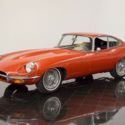 1970 Jaguar E-Type Coupe Series II 4 Speed Manual 4.2 Liter DOHC Inline 6
1970 Jaguar E-Type Coupe Series II 4 Speed Manual 4.2 Liter DOHC Inline 6
Mileage: 53248
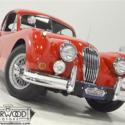 1955 Jaguar XK140 SE FHC 95691 Miles Carmen Red 3.4 liter DOHC inline-6 4-spee
1955 Jaguar XK140 SE FHC 95691 Miles Carmen Red 3.4 liter DOHC inline-6 4-spee
Mileage: 95691
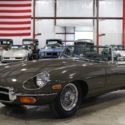 1971 Jaguar XKE 49433 Miles Sable Brown Roadster 4.2 Liter DOHC Inline 6 4 Spee
1971 Jaguar XKE 49433 Miles Sable Brown Roadster 4.2 Liter DOHC Inline 6 4 Spee
Mileage: 49,433
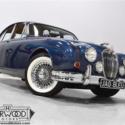 1960 Jaguar MK 2 12030 Miles Dark Blue Sedan 3.8 liter DOHC inline-6 Automatic
1960 Jaguar MK 2 12030 Miles Dark Blue Sedan 3.8 liter DOHC inline-6 Automatic
Mileage: 12030
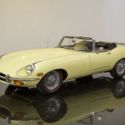 1969 Jaguar E-Type Convertible Series II 4 Speed Manual 4.2 Liter Inline 6
1969 Jaguar E-Type Convertible Series II 4 Speed Manual 4.2 Liter Inline 6
Mileage: 44957
 1967 Jaguar E-Type XKE Roadster Convertible 4.2 Liter DOHC Inline 6 4 Speed Manu
1967 Jaguar E-Type XKE Roadster Convertible 4.2 Liter DOHC Inline 6 4 Speed Manu
Mileage: 37299
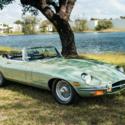 1970 Jaguar E-Type XKE Willow Green 4.2 Liter DOHC Inline 6 Heritage Certificate
1970 Jaguar E-Type XKE Willow Green 4.2 Liter DOHC Inline 6 Heritage Certificate
Mileage: 50350
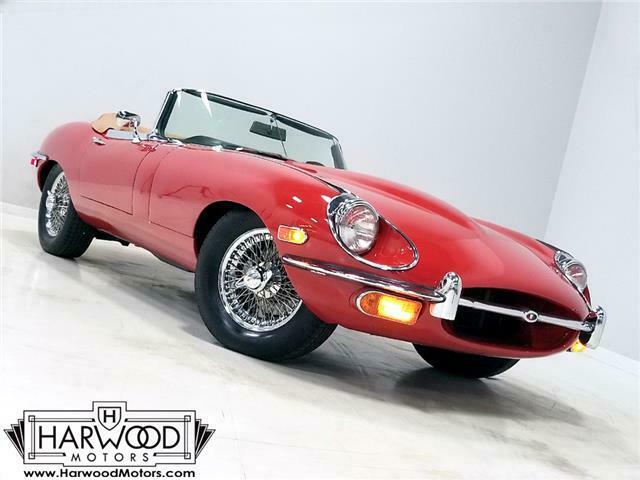
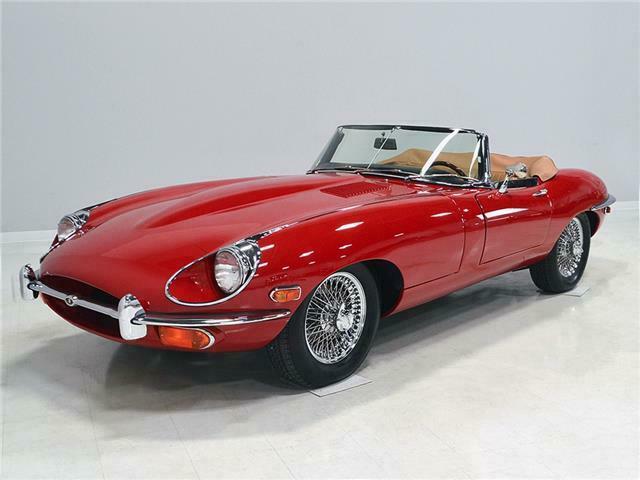
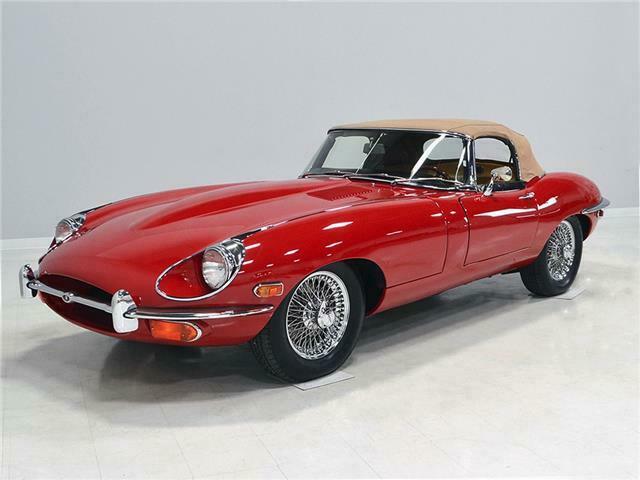
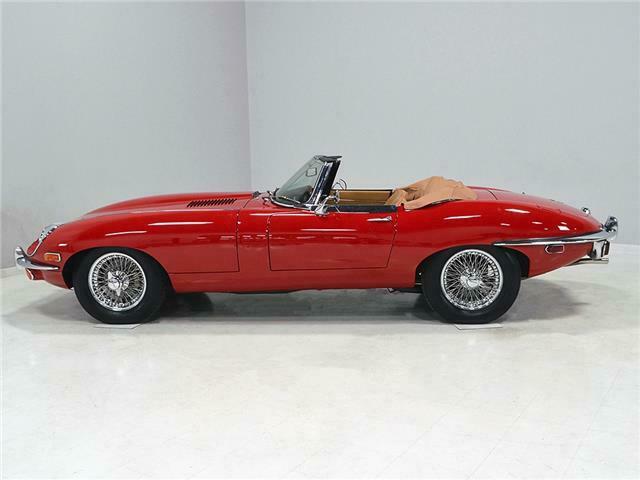
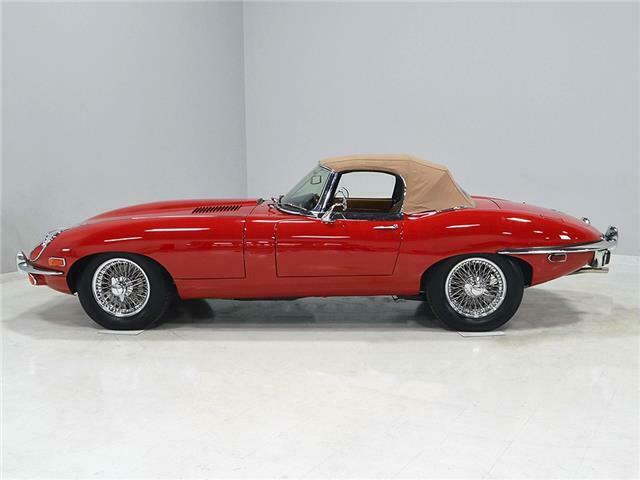
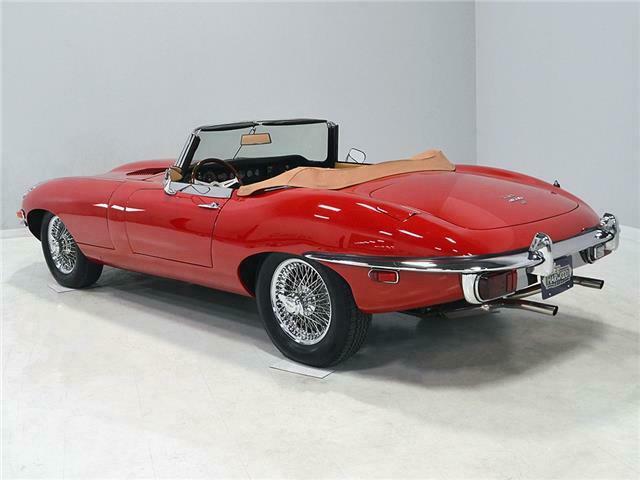

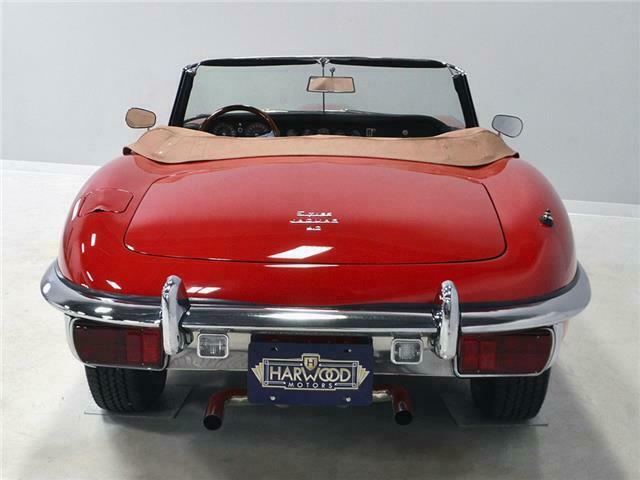
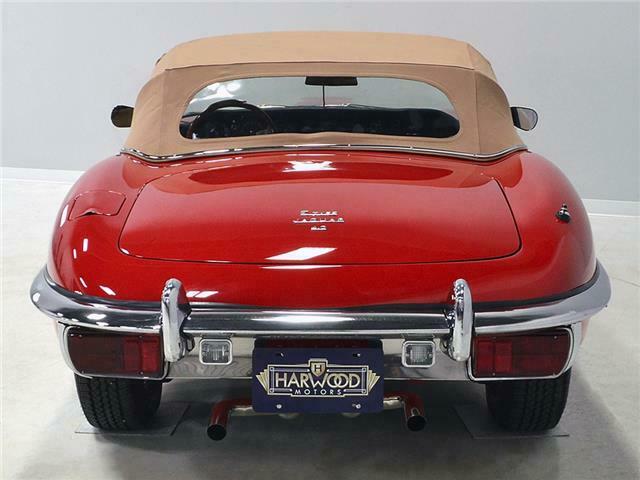
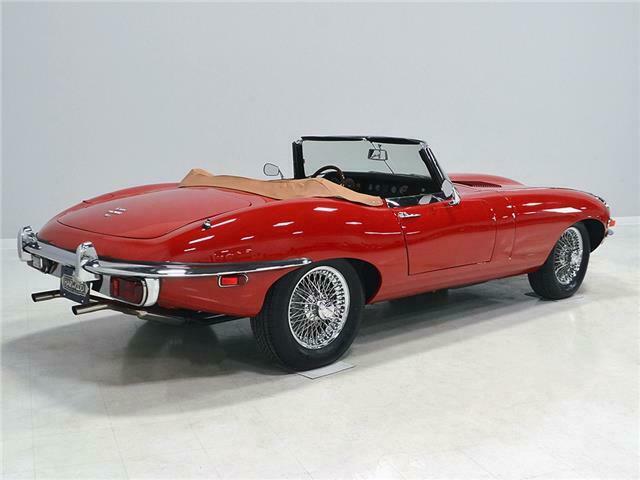
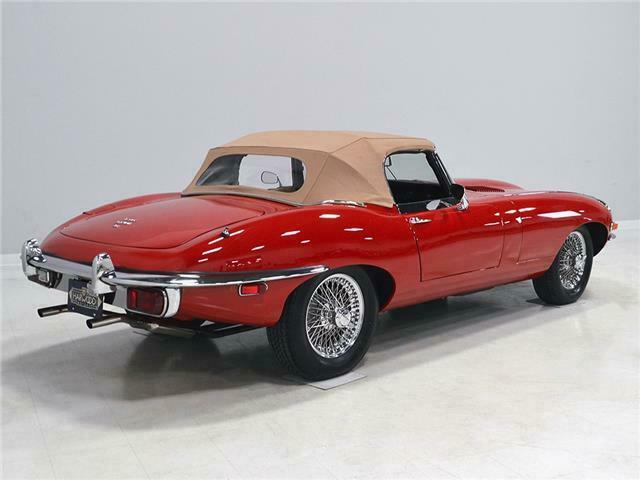

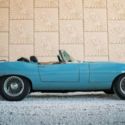 1970 Jaguar E-Type 0 Miles Light Blue 4.2 Liter DOHC Inline 6 4 speed Manual
1970 Jaguar E-Type 0 Miles Light Blue 4.2 Liter DOHC Inline 6 4 speed Manual
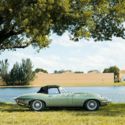 1970 Jaguar E-Type 0 Miles Willow Green 4.2 Liter DOHC Inline 6 4 Speed Manual
1970 Jaguar E-Type 0 Miles Willow Green 4.2 Liter DOHC Inline 6 4 Speed Manual
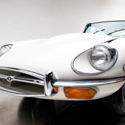 1971 Jaguar XKE 4.2 Liter DOHC Inline 6 4 Speed Manual Coupe Old English White
1971 Jaguar XKE 4.2 Liter DOHC Inline 6 4 Speed Manual Coupe Old English White